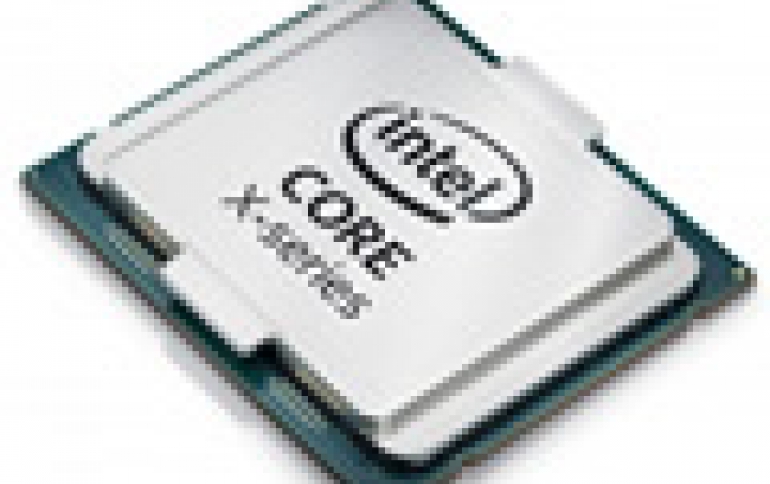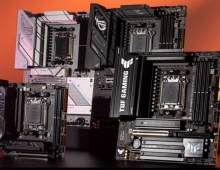
Intel is Threatening ARM and Microsoft For Emulating x86 ISA
Intel is publicly threatening Qualcomm and Microsoft for emulating Intel's proprietary x86 instruction set architecture (ISA) without authorization.
Steven Rodgers, executive vice president and general counsel for Intel, said that "some companies" may try to emulate Intel's x86 ISA without having licensing them first, obviously refereing to the recent agmeement between Qualcomm and Microsoft to bring ARM processors to PCs, through the upcoming Windows 10 for ARM processors. The new operating system will include x86 emulation, giving it the ability to run 32-bit Windows desktop applications unmodified.
Emulation is not a new technology, and Transmeta Corporation was the last company to claim to have produced a compatible x86 processor using emulation or "code morphing" techniques, according to Rodgers.
Intel had enforced patents relating to SIMD instruction set enhancements against Transmeta's x86 implementation even though it used emulation. In any event, Transmeta exited the microprocessor business 10 years ago.
"Only time will tell if new attempts to emulate Intel's x86 ISA will meet a different fate. Intel welcomes lawful competition," Rodgers said adding that
"we do not welcome unlawful infringement of our patents, and we fully expect other companies to continue to respect Intel's intellectual property rights."
Intel has been protecting its x86 patents, and does not widely license others to use them. Over the past 30 years, Intel has enforced its intellectual property rights against infringement by third-party microprocessors. One of the earliest examples, was Intel's enforcement of its seminal "Crawford '338 Patent." In the early days of our microprocessor business, Intel needed to enforce its patent rights against various companies including United Microelectronics Corporation, Advanced Micro Devices, Cyrix Corporation, Chips and Technologies, Via Technologies, and, most recently, Transmeta Corporation.





















